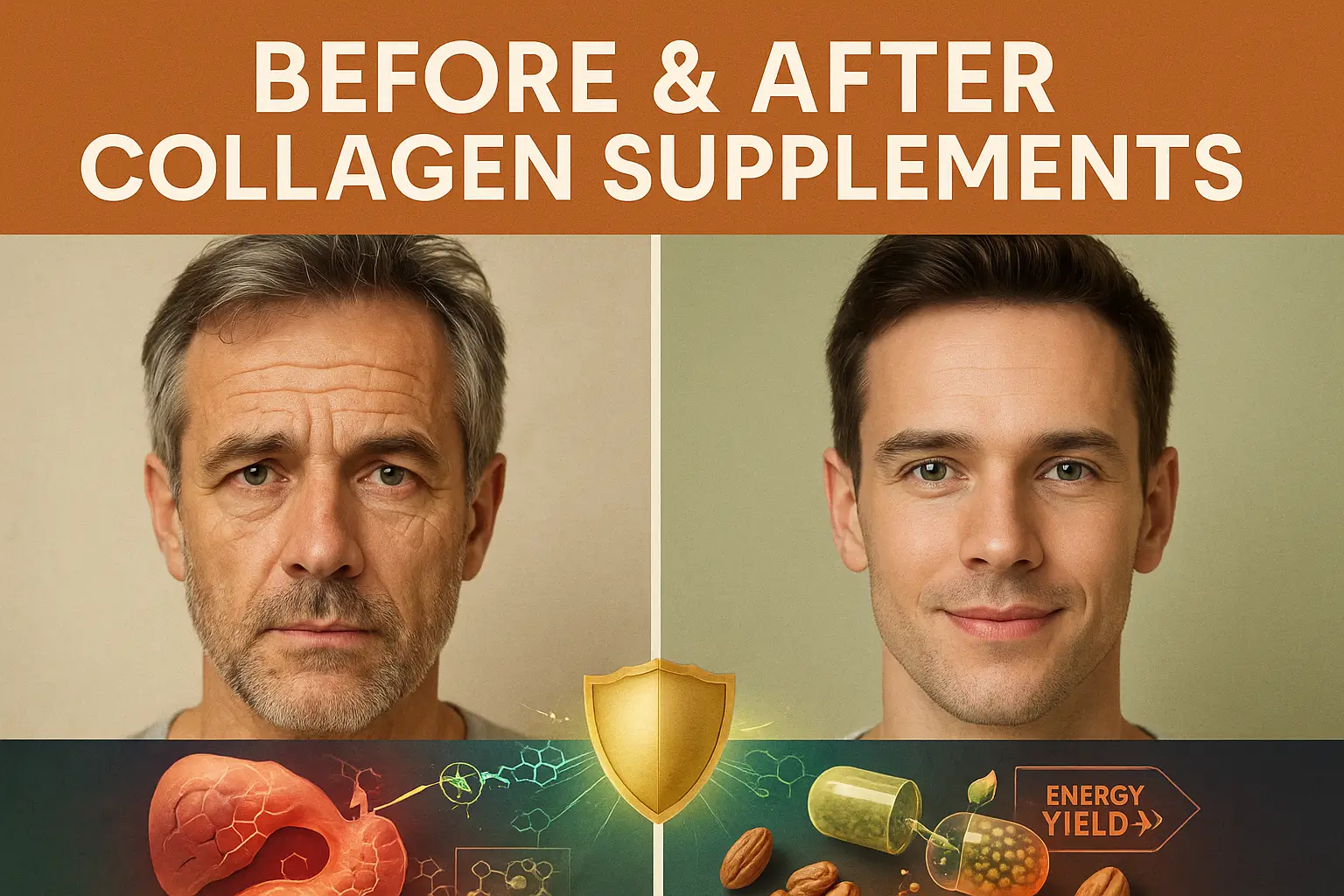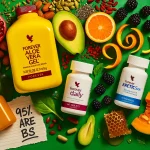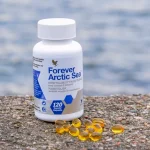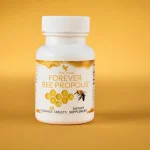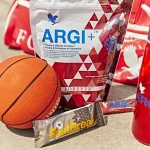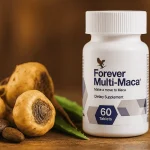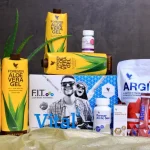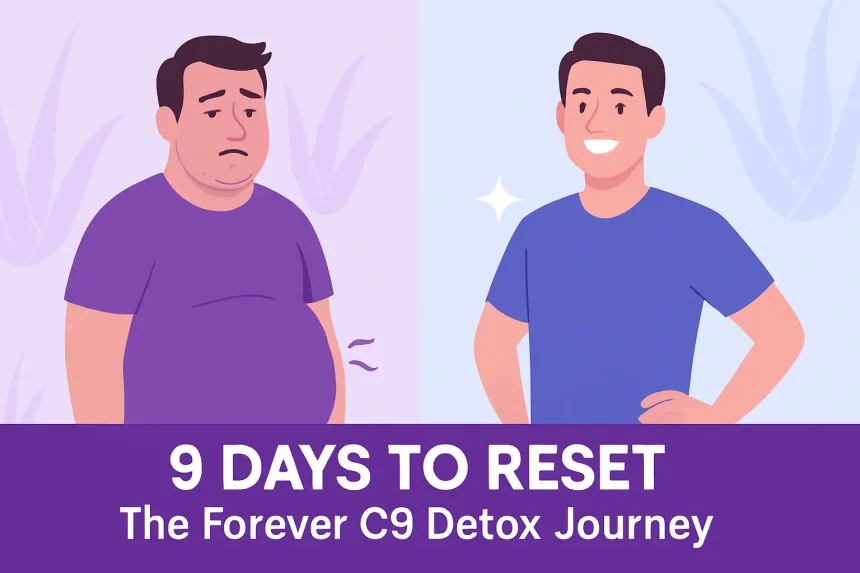Walk down any health aisle or scroll through social media, and you’ll likely be bombarded with promises of smoother, firmer, younger-looking skin, all thanks to one seemingly magical ingredient: collagen. The buzz around collagen supplements is undeniable, presented as a simple solution to turn back the clock on wrinkles and sagging. But amidst the glowing testimonials and celebrity endorsements, a nagging question often arises: Do these popular powders and pills actually work?
- Understanding Your Skin: More Than Just Collagen
- The Aging Process: Why Do Wrinkles and Sagging Skin Appear?
- The Big Question: Do Collagen Supplements Really Work for Skin?
- The “Inside Job” of Collagen Production:
- What Does the Scientific Evidence Say? Exploring Collagen Supplements Benefits and Limitations
- What about Collagen Supplements Side Effects?
- Beyond the Hype: What Truly Supports Healthy, Youthful Skin?
- 1. Sun Protection: Your Non-Negotiable #1 Priority
- 2. Nourish from Within: The Skin-Healthy Diet
- 3. Lifestyle Matters: More Than Skin Deep
- 4. Targeted Topical Treatments (What You Put On Your Skin)
- Choosing Collagen Supplements Wisely (If You Decide To Try Them)
- Frequently Asked Questions (FAQs)
- The Takeaway: A Holistic View for Radiant Skin
If you’re feeling confused by the conflicting information, you’re not alone. The market is flooded with options, from collagen powder to tablets, marine collagen supplements to hydrolyzed collagen supplements, each claiming to be the best collagen supplement for erasing wrinkles and restoring youthful radiance.
Here at Vitaleap, we believe in empowering you with clear, honest information. So, let’s dive deep into the world of collagen supplements.
We’ll explore what science really says, look beyond the hype to understand how skin truly ages, and uncover effective strategies – including nutrition and targeted support – to help you achieve your healthiest, most vibrant skin.
Understanding Your Skin: More Than Just Collagen
Before we tackle the effectiveness of supplements, let’s get friendly with our skin’s structure. Think of your skin in layers:
- Epidermis: The outermost layer, your protective barrier against the world.
- Dermis: The middle layer, the powerhouse where the magic happens! This is home to collagen, elastin, blood vessels, nerves, and hair follicles.
- Hypodermis: The deepest layer, mostly fat and connective tissue, providing insulation and padding.
Collagen is the star protein in the dermis, making up about 75-80% of its dry weight [14]. Imagine it as the scaffolding or framework that gives your skin its strength, structure, and firmness.
But collagen doesn’t work alone. Meet its crucial partner:
- Elastin: As the name suggests, elastin provides elasticity – that ‘snap-back’ quality that makes young skin resilient [18]. While less abundant than collagen (only 1-2% of the dermis), it’s vital for preventing sagging.
- Hyaluronic Acid (HA): This molecule is a hydration hero, capable of holding vast amounts of water, keeping the dermis plump, hydrated, and looking dewy [20].
When we’re young, these components are abundant and function optimally. But as we age, things start to change.
The Aging Process: Why Do Wrinkles and Sagging Skin Appear?
The appearance of wrinkles, fine lines, and loss of firmness isn’t solely due to declining collagen. It’s a complex process influenced by multiple factors – some we can’t control (intrinsic aging), and some we can (extrinsic aging) [19, 23].
Intrinsic Aging (The Natural Course):
- Slower Collagen & Elastin Production: Fibroblasts (the skin cells that build collagen and elastin) become less active and efficient over time [14, 17].
- Decreased Hyaluronic Acid: Natural HA levels decline, leading to dryness and volume loss [20].
- Fat Redistribution: We lose volume in areas like the cheeks and temples, while fat might accumulate in others (like the jowls), changing facial contours [19].
- Bone Resorption: Even our facial bones subtly shrink, reducing the underlying support structure for the skin [19].
- Epidermal Thinning: The outer skin layer becomes thinner and more fragile [19].
- Genetics: Your genes play a significant role in how quickly and noticeably your skin ages. Research shows differences across ethnicities, with factors like melanin content and dermal structure influencing resilience to aging [29]. For instance, some studies suggest East Asian skin may show signs of aging later compared to Caucasian skin due to differences in dermal thickness and collagen density.
Extrinsic Aging (The Accelerators We Can Influence):
- Photoaging (Sun Damage): This is the BIGGEST controllable factor. UV radiation from the sun is enemy number one for youthful skin [23]. It triggers a cascade of damaging effects:
- Generates damaging free radicals (oxidative stress).
- Actively breaks down existing collagen and elastin.
- Increases the activity of enzymes called Matrix Metalloproteinases (MMPs), which degrade collagen [22].
- Damages the DNA of skin cells, including fibroblasts.
- Contributes significantly to wrinkles on face, age spots, and uneven texture. Just compare the skin on sun-exposed areas (face, hands) to sun-protected areas (inner arm) – the difference is often stark!
- Smoking: Smoking generates massive oxidative stress, constricts blood vessels (reducing nutrient delivery to the skin), and directly contributes to premature wrinkles, especially around the mouth [24].
- Pollution: Environmental pollutants also create free radicals, adding to the oxidative stress burden on your skin.
- Glycation: Excess sugar in your diet can bind to collagen and elastin fibers, making them stiff, brittle, and less functional (forming Advanced Glycation End-products or AGEs) [21]. This accelerates sagging and wrinkle formation.
- Poor Diet & Dehydration: Lack of essential nutrients hampers skin repair and collagen synthesis. Dehydration makes skin look dull and emphasizes lines.
- Chronic Stress & Poor Sleep: These impact hormone levels and impair the body’s natural repair processes, affecting skin health.
Understanding what causes wrinkles and sagging skin involves looking at this entire picture. It’s clear that simply adding more collagen might not be the magic bullet if these other factors aren’t addressed.
The Big Question: Do Collagen Supplements Really Work for Skin?
This brings us back to collagen supplements. The marketing logic seems simple: lose collagen, eat collagen, replace collagen, reduce wrinkles. But is it that straightforward?
Here’s the physiological reality: When you consume collagen (collagen powder, tablets, drinks), your digestive system doesn’t just absorb whole collagen molecules and send them directly to your skin. Like any other protein, collagen gets broken down into its fundamental building blocks: amino acids and smaller chains called peptides [15].
Your body then uses these amino acids and peptides wherever they are needed most – building muscle, repairing tissues, supporting organ function, and potentially, providing the raw materials for your own collagen synthesis.
The “Inside Job” of Collagen Production:
Your fibroblasts are the only factories that can build your skin’s collagen [15]. They need specific amino acids (like glycine, proline, hydroxyproline) and crucial co-factors (like Vitamin C) to assemble the unique triple-helix structure of collagen [14, 25].
The theory behind some hydrolyzed collagen supplements (collagen broken down into smaller peptides) is that specific peptides might survive digestion, get absorbed into the bloodstream, and potentially act as signaling molecules, encouraging your fibroblasts to ramp up their own collagen production [16].
Think of it less like delivering bricks to the building site and more like sending a message to the construction crew to work harder using the materials already available.
What Does the Scientific Evidence Say? Exploring Collagen Supplements Benefits and Limitations
This is where things get murky, and where much of the debate (and the source article’s critique) lies. Numerous studies have investigated the effects of collagen supplements for skin. Systematic reviews and meta-analyses (studies that pool results from multiple individual trials) often report positive findings.
- For example, a 2023 systematic review and meta-analysis of 26 studies concluded that oral collagen supplementation showed promise for improving skin hydration, elasticity, and density [1]. Another from 2021 looked at 19 studies involving over 1100 participants and suggested collagen supplements could improve hydration, elasticity, and reduce wrinkles within 90 days [13]. A 2024 review also noted potential benefits [6].
However, there are significant caveats, as highlighted in the original article:
- Industry Funding & Bias: A very large proportion of these studies are funded or conducted by the manufacturers of the collagen supplements being tested [See analysis in source article, points derived from review of refs 1, 6]. This doesn’t automatically invalidate the results, but it raises concerns about potential bias in study design, interpretation, or reporting. Independent research is crucial but less common.
- Methodological Quality: Some studies have limitations like small sample sizes, short durations, lack of rigorous blinding, or inconsistent measurement techniques (e.g., using cutometers for elasticity, which require skill and consistency) [Critique based on source analysis of ref 13].
- Heterogeneity (Apples and Oranges): Studies use vastly different types of collagen (bovine, porcine, marine collagen supplements), different dosages, different formulations (some include vitamins, HA, or antioxidants), and measure outcomes on different body parts [Mentioned in source critique of ref 1]. This makes it hard to compare results directly or pinpoint whether collagen alone is responsible for any observed effects. Was it the collagen, the added Vitamin C, or something else?
- Statistical vs. Clinical Significance: Some studies report statistically significant improvements, but are these changes actually visible or meaningful in real life? A reported 15% reduction in maximum wrinkle depth might sound impressive, but if that translates to only 20 micrometers (about one-third the width of a hair), is it the dramatic transformation consumers expect [Calculation based on source analysis of ref 11, 12]?
- Subjectivity: Many studies rely on participants’ perceived improvements, which can be influenced by the placebo effect or expectations. Objective measurements (like histology – examining skin biopsies) are less common in these supplement trials.
So, do collagen supplements work? The current scientific consensus is cautious. While some evidence suggests potential collagen supplements benefits for skin hydration and elasticity, the quality of evidence is often low-to-moderate, heavily influenced by industry funding, and it’s unclear if the effects are clinically significant for visible wrinkle reduction for everyone [13, Source critiques].
It’s certainly not the guaranteed wrinkle eraser it’s often marketed as. The idea that specific peptides signal fibroblasts is biologically plausible [16] but needs more robust, independent confirmation in humans.
What about Collagen Supplements Side Effects?
Generally, collagen supplements are considered safe for most people. However, potential collagen supplements side effects can occur, though usually mild [Mayo Clinic generally lists potential digestive upset, heartburn, feelings of fullness].
- Some people report mild digestive upset (bloating, heartburn).
- Unpleasant taste is sometimes mentioned.
- Allergic reactions are possible, especially with marine collagen supplements if you have fish or shellfish allergies.
- It’s crucial to choose reputable brands, as supplements aren’t as strictly regulated as medications.
There’s no credible scientific evidence linking standard collagen supplement use to serious conditions like cancer. Concerns like “do collagen supplements cause cancer” are not supported by current research when referring to typical hydrolyzed collagen peptides used for skin health. Always consult your doctor before starting any new supplement, especially if you have underlying health conditions or are pregnant/breastfeeding.
Beyond the Hype: What Truly Supports Healthy, Youthful Skin?
Okay, if collagen supplements aren’t the definitive answer, what can you do to effectively support your skin’s health and combat the signs of aging like wrinkles? The answer lies in a holistic, multi-faceted approach that addresses all the factors we discussed earlier.
1. Sun Protection: Your Non-Negotiable #1 Priority
Seriously, if you do one thing for your skin, make it this. Consistent, daily sun protection is the single most effective wrinkles treatment and prevention strategy [23].
- Use Broad-Spectrum Sunscreen: SPF 30 or higher, every single day, rain or shine, even indoors near windows. Reapply every 2 hours when outdoors.
- Seek Shade: Especially during peak sun hours (10 am – 4 pm).
- Wear Protective Clothing: Hats, sunglasses, long sleeves.
- Why it works: Reduces UV damage, protects existing collagen and elastin, prevents MMP activation, lowers oxidative stress.
2. Nourish from Within: The Skin-Healthy Diet
Your skin reflects what you eat. Focus on a diet rich in antioxidants, vitamins, minerals, and healthy fats.
- Vitamin C Power: Absolutely essential for collagen synthesis (it’s a required cofactor for the enzymes involved) [25]. Found in citrus fruits, berries, bell peppers, kiwi, broccoli.
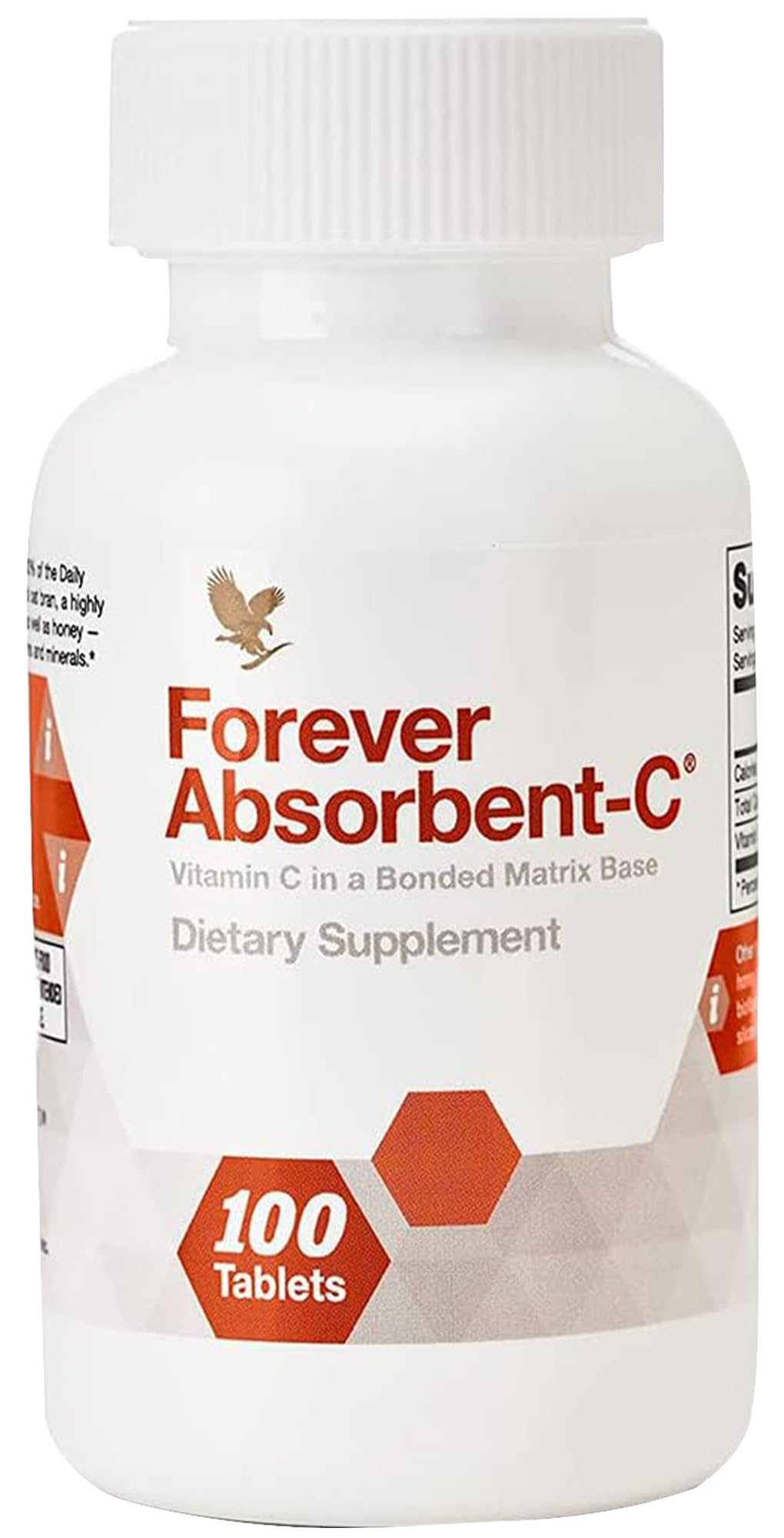
Forever Absorbent-C
Consider Forever Absorbent-C to ensure you’re meeting your daily needs. Vitamin C is water-soluble, so your body doesn’t store it – consistent intake is key.
- Vitamin E Shield: A potent fat-soluble antioxidant protecting cell membranes from oxidative damage, especially UV-induced damage. Works synergistically with Vitamin C [25]. Found in nuts, seeds (sunflower seeds!), wheat germ oil, spinach.
- Vitamin A Renewal: Crucial for skin cell turnover and repair. Retinoids (derived from Vit A) are proven anti-aging ingredients topically [26]. Get beta-carotene (your body converts it to Vit A as needed) from carrots, sweet potatoes, pumpkin, spinach, kale.
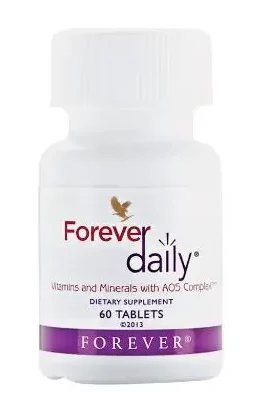
Forever Daily
Forever Daily provides a blend of essential vitamins, including A, C, and E, offering broad nutritional support.
- Zinc Guardian: Important for antioxidant defense, wound healing, and helps regulate MMPs [28]. Found in oysters, red meat, poultry, beans, nuts, whole grains.
- Copper Connector: A cofactor for lysyl oxidase, an enzyme needed to cross-link collagen and elastin fibers, giving them strength and stability [27]. Found in organ meats, shellfish, nuts, seeds, whole grains.
- Antioxidant Army: Load up on colorful fruits and vegetables (berries, leafy greens, tomatoes) rich in various antioxidants to fight free radical damage.
- Healthy Fats: Omega-3 fatty acids (from fatty fish, flaxseeds, walnuts) help maintain the skin barrier and reduce inflammation.
- Hydration Hero: Drink plenty of water throughout the day! Dehydrated skin looks dull and emphasizes wrinkles.
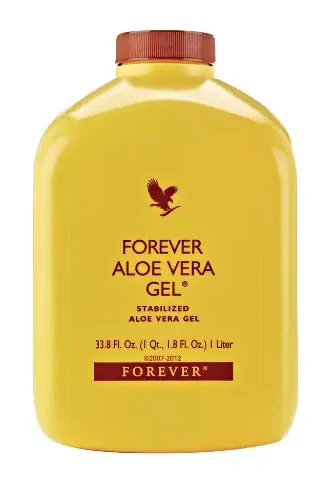
Forever Aloe Vera Gel
Forever Aloe Vera Gel is renowned for its hydrating properties and contains vitamins, minerals, and amino acids. Drinking it can support overall hydration and nutrient intake from the inside out.
- Limit Sugar & Processed Foods: Reduce glycation damage by minimizing sugary drinks, refined carbohydrates, and processed snacks [21].
3. Lifestyle Matters: More Than Skin Deep
- Don’t Smoke: Just don’t. It’s one of the fastest ways to accelerate skin aging [24].
- Manage Stress: Chronic stress elevates cortisol, which can break down collagen. Practice mindfulness, meditation, yoga, or hobbies you enjoy.
- Prioritize Sleep: Aim for 7-9 hours of quality sleep per night. This is when your body undergoes crucial repair processes, including skin regeneration.
- Gentle Skincare: Avoid harsh soaps or excessive scrubbing that can strip the skin barrier. Cleanse gently, moisturize well.
4. Targeted Topical Treatments (What You Put On Your Skin)
While internal health is paramount, topical treatments can significantly improve the appearance of wrinkles on face and support overall skin health.
- Retinoids (Vitamin A Derivatives): Gold standard for anti-aging. Prescription tretinoin and over-the-counter retinol/retinaldehyde speed up cell turnover, boost collagen production, and improve texture and tone [26]. Start slowly and use sunscreen diligently!
- Vitamin C Serums: Topical Vitamin C provides antioxidant protection and can help brighten skin tone and support collagen synthesis [25].
- Hyaluronic Acid Serums/Moisturizers: Provide surface hydration, plumping the skin and temporarily minimizing the look of fine lines [20].
- Peptides: Smaller amino acid chains applied topically may signal skin cells (similar theory to ingested peptides, but applied directly). Look for them in serums and creams.
- Exfoliants (AHAs/BHAs): Alpha-hydroxy acids (like glycolic, lactic) and beta-hydroxy acids (salicylic) help remove dead skin cells, revealing brighter skin and improving texture.
- Moisturizers: Essential for maintaining the skin barrier, locking in hydration, and improving skin feel.
The Infinite by Forever™ advanced skincare system incorporates ingredients like peptides, natural minerals, and Aloe to target the appearance of aging from the outside. Products like the Firming Serum and Restoring Crème focus on hydration, firmness, and reducing the look of fine lines and wrinkles. Their Hydrating Cleanser and Protecting Day Lotion SPF 30 also contribute to a comprehensive routine. For targeted concerns like under eye wrinkles, the Awakening Eye Cream uses peptides and collagen to improve smoothness and reduce the appearance of dark circles and puffiness.
Choosing Collagen Supplements Wisely (If You Decide To Try Them)
If, after considering the evidence and focusing on foundational health, you still want to experiment with collagen supplements, here are a few things to keep in mind:
- Type: Look for hydrolyzed collagen or collagen peptides. This means the collagen is broken down into smaller, potentially more easily absorbed pieces. Marine collagen supplements are popular, but bovine or porcine are also common. Choose based on dietary preference or allergies.
- Source & Quality: Choose reputable brands that are transparent about their sourcing and manufacturing processes. Look for third-party testing certifications (like NSF, USP) for quality and purity assurance. This applies whether looking for collagen supplements UK, collagen supplements in Pakistan, best collagen supplements in India, or anywhere else.
- Ingredients: Check the label. Does it contain just collagen, or are there added sugars, fillers, or other ingredients? Some products combine collagen with Vitamin C or Hyaluronic Acid, which could be beneficial (though makes it harder to isolate collagen’s effect). Avoid unnecessary additives. Consider options like collagen and biotin supplements if you’re also targeting hair health.
- Dosage: Doses used in studies vary widely (typically 2.5g to 15g per day). Follow the product instructions.
- Manage Expectations: Remember the science. Don’t expect overnight miracles or dramatic wrinkle erasure solely from a supplement. Think of it as potential support within a broader healthy lifestyle. Track your own experience (collagen supplements before and after photos can be subjective but helpful for personal assessment). Look for discussions on platforms like collagen supplements Reddit for anecdotal experiences, but always weigh them against scientific evidence.
- FLP Consideration: Forever Marine Collagen™ is an example of a product using hydrolyzed fish collagen peptides alongside Vitamin C, Zinc, Biotin, and other supportive ingredients like black pepper extract (for absorption) and Goji berry extract (antioxidant). This formulation aligns with the idea of providing collagen peptides plus essential co-factors and antioxidants needed for skin health, fitting into the holistic approach.

Frequently Asked Questions (FAQs)
Let’s tackle some common questions:
Is taking a collagen supplement good for you?
Generally considered safe. It provides amino acids, the building blocks for protein. Whether it significantly boosts skin collagen beyond what a healthy diet provides is debatable based on current robust evidence.
Some studies suggest potential benefits for hydration/elasticity, but more independent research is needed. It likely won’t hurt (unless you have allergies or specific contraindications), but focusing on foundational health (diet, sun protection) is paramount.
Which collagen is best for skin?
Most studies on skin health use Type 1 collagen, which is the most abundant type in our skin [14]. This is often sourced from bovine (cow), porcine (pig), or marine (fish) origins.
Hydrolyzed collagen (peptides) is generally preferred as it’s broken down into smaller chains, potentially enhancing absorption and bioavailability compared to large, intact collagen molecules.
Marine collagen supplements are often rich in Type 1 and may be chosen for sustainability or dietary reasons. There isn’t definitive proof one source is dramatically superior to others if properly hydrolyzed.
Which food is rich in collagen?
Collagen itself is found primarily in animal connective tissues. Good sources include:
- Bone Broth: Made by simmering bones and connective tissue.
- Meat on the Bone: Especially chicken skin, pork skin, beef gristle.
- Fish with Skin: Sardines, salmon.
- Gelatin: Derived from collagen. However, eating these doesn’t guarantee the collagen reaches your skin intact (due to digestion). More importantly, focus on foods rich in collagen-building nutrients:
- Proline/Glycine: Found in meat, poultry, fish, dairy, eggs, soy, legumes.
- Vitamin C: Citrus, berries, peppers.
- Zinc: Oysters, meat, nuts, seeds.
- Copper: Organ meats, nuts, seeds.
What does collagen do in the body?
Collagen is the body’s most abundant protein [14]. It’s the primary structural component of connective tissues, including skin, bones, tendons, ligaments, cartilage, and blood vessels. It provides:
- Strength and Structure: Gives skin firmness and resilience.
- Support: Forms scaffolding for tissues and organs.
- Flexibility (in tendons/ligaments): Allows tissues to stretch without breaking.
- Wound Healing: Essential for tissue repair.
How can I remove wrinkles?
You can’t completely “remove” deep-set wrinkles permanently without invasive procedures, but you can significantly reduce their appearance and prevent new ones. The best treatment for deep wrinkles on face often involves a combination approach:
- Sun Protection: Prevents further damage.
- Topical Retinoids: Clinically proven to improve wrinkle appearance [26].
- Moisturizing: Plumps skin, making lines less obvious.
- Healthy Lifestyle: Diet, no smoking, hydration.
- Professional Treatments: Chemical peels, micro-needling, laser resurfacing, fillers (like hyaluronic acid), neurotoxins (like Botox) can offer more dramatic results for existing wrinkles. Consult a dermatologist.
- Techniques like using face tape for wrinkles (e.g., Wrinkles Schminkles patches) offer a temporary smoothing effect by holding the skin taut, often overnight.
What are the main causes of wrinkles?
As discussed, it’s a mix of intrinsic (genetics, natural slowing of collagen/elastin production, fat/bone loss) and extrinsic factors [19]. The single biggest accelerator and preventable cause is sun exposure (photoaging) [23].
Other major contributors include smoking, glycation (sugar damage), pollution, and repetitive facial expressions (wrinkles on forehead, around eyes/mouth).
How to stop getting wrinkles?
You can’t stop aging entirely, but you can significantly slow down the formation of wrinkles and minimize their severity:
- Sunscreen: Daily, broad-spectrum, SPF 30+. This is #1.
- Don’t Smoke: Crucial.
- Healthy Diet: Rich in antioxidants and collagen-building nutrients. Limit sugar.
- Hydrate: Drink plenty of water.
- Good Skincare: Gentle cleansing, moisturizing, consider retinoids and antioxidants topically.
- Wear Sunglasses: Prevents squinting, reducing lines around the eyes.
- Manage Stress & Sleep Well.
What is the best treatment for wrinkles?
There’s no single “best” treatment; it depends on the type/depth of wrinkles and individual factors. A comprehensive approach is best:
- Prevention: Sunscreen, healthy lifestyle (the foundation).
- Topicals: Retinoids are the most evidence-based ingredient for improving existing wrinkles [26]. Antioxidants (Vit C) and hydrators (HA) help.
- In-Office Procedures: For more significant results on deeper wrinkles, options include lasers, peels, micro-needling, fillers, and neurotoxins. Consult a board-certified dermatologist to discuss the best options for you.
The Takeaway: A Holistic View for Radiant Skin
Navigating the world of collagen supplements requires a discerning eye. While the promise of erasing wrinkles with a simple scoop or pill is appealing, the scientific evidence suggests it’s not that simple.
Factors like digestion, bioavailability, study bias, and the multitude of other elements influencing skin aging mean that relying solely on these supplements might lead to disappointment (and a lighter wallet).
True skin health comes from a holistic approach:
- Protect: Shield your skin relentlessly from the sun.
- Nourish: Feed your skin from the inside with a nutrient-dense diet rich in vitamins (especially C, E, A), minerals (Zinc, Copper), antioxidants, and hydration. Limit sugar and processed foods.
- Live Well: Avoid smoking, manage stress, prioritize sleep.
- Support Topically: Use proven skincare ingredients like retinoids, antioxidants, and hydrators.
- Consider Targeted Support: High-quality supplements, like those offering essential vitamins (Forever Daily, Absorbent-C), internal hydration (Aloe Vera Gel), or even well-formulated collagen peptides combined with co-factors (Forever Marine Collagen™), can potentially play a supportive role within this larger framework, helping to fill nutritional gaps or provide specific beneficial compounds. The key is seeing them as part of the solution, not the entire solution itself.
Ultimately, understanding how your skin works and the real drivers of aging empowers you to make informed choices. Focus on building a strong foundation of health, and you’ll be well on your way to achieving your most vibrant, resilient, and youthful-looking skin for years to come.
Website navigation allows visitors to flow from one page to another without frustration. If you’ve done your job well, visitors leave your site with the intention to return and might even buy something from you or sign up for your email list.





